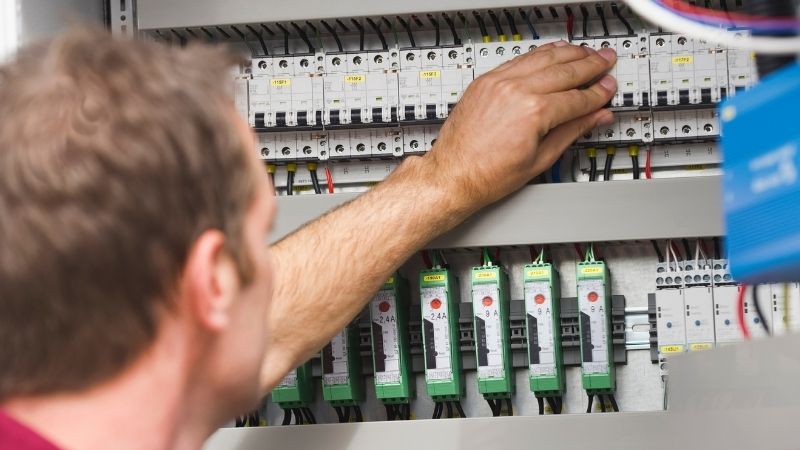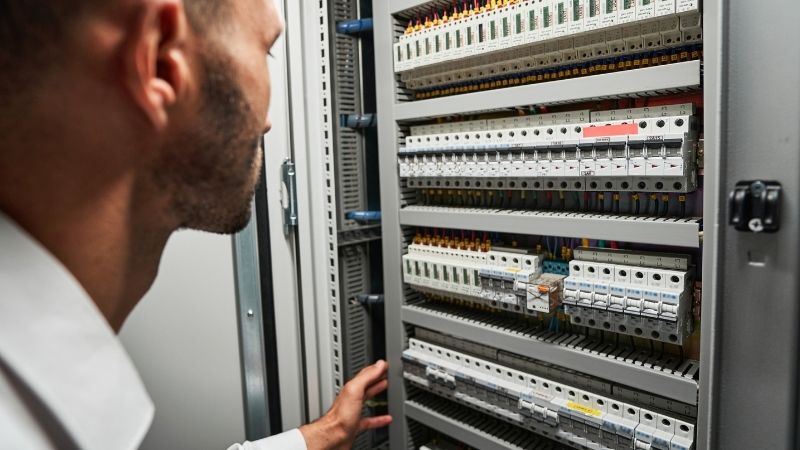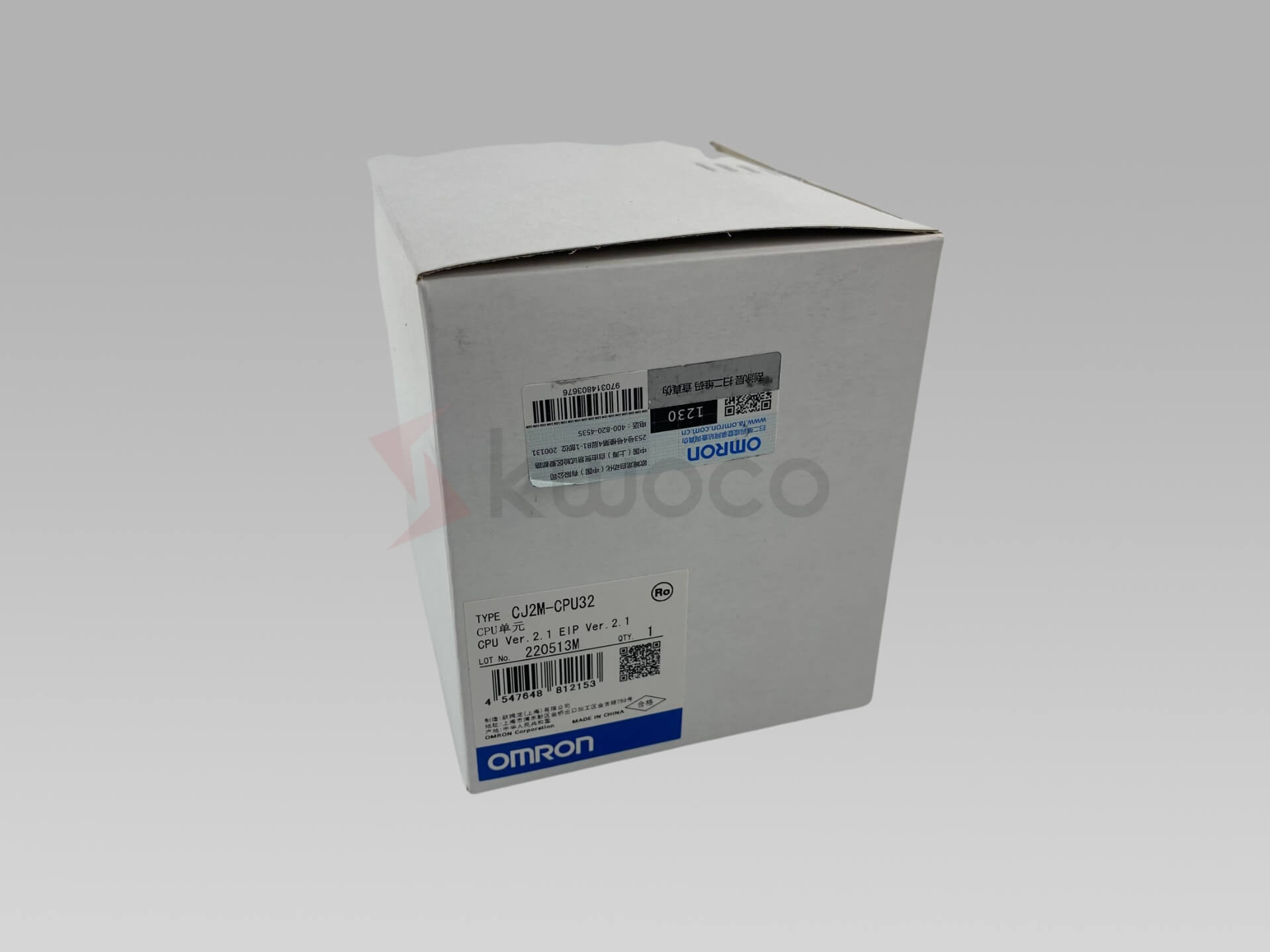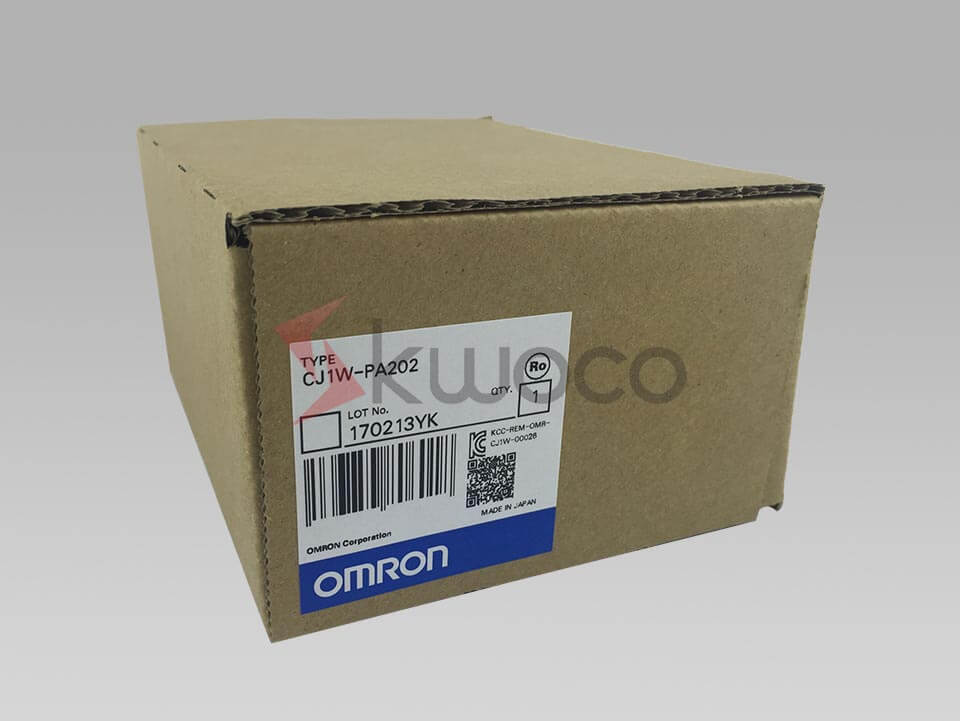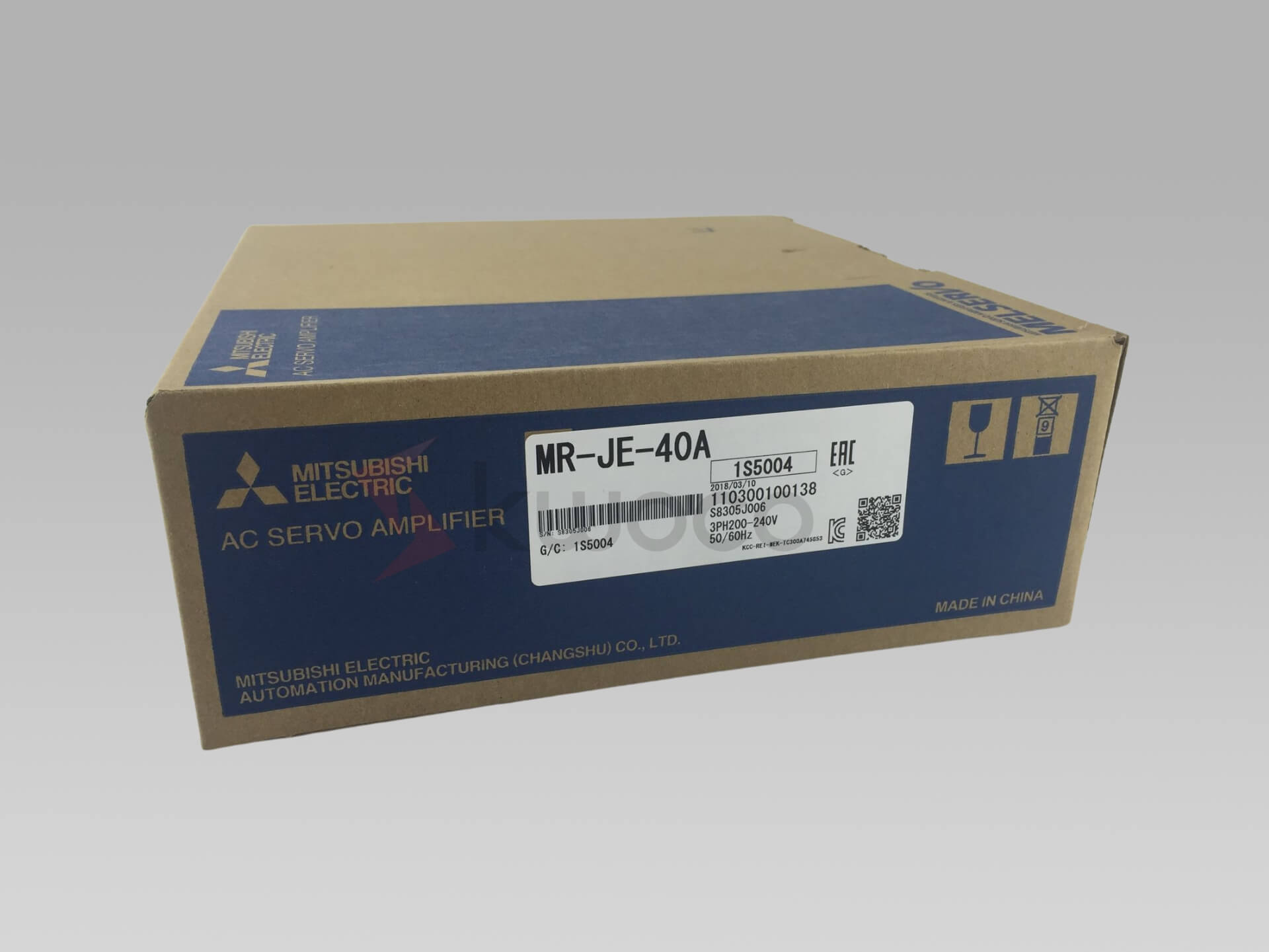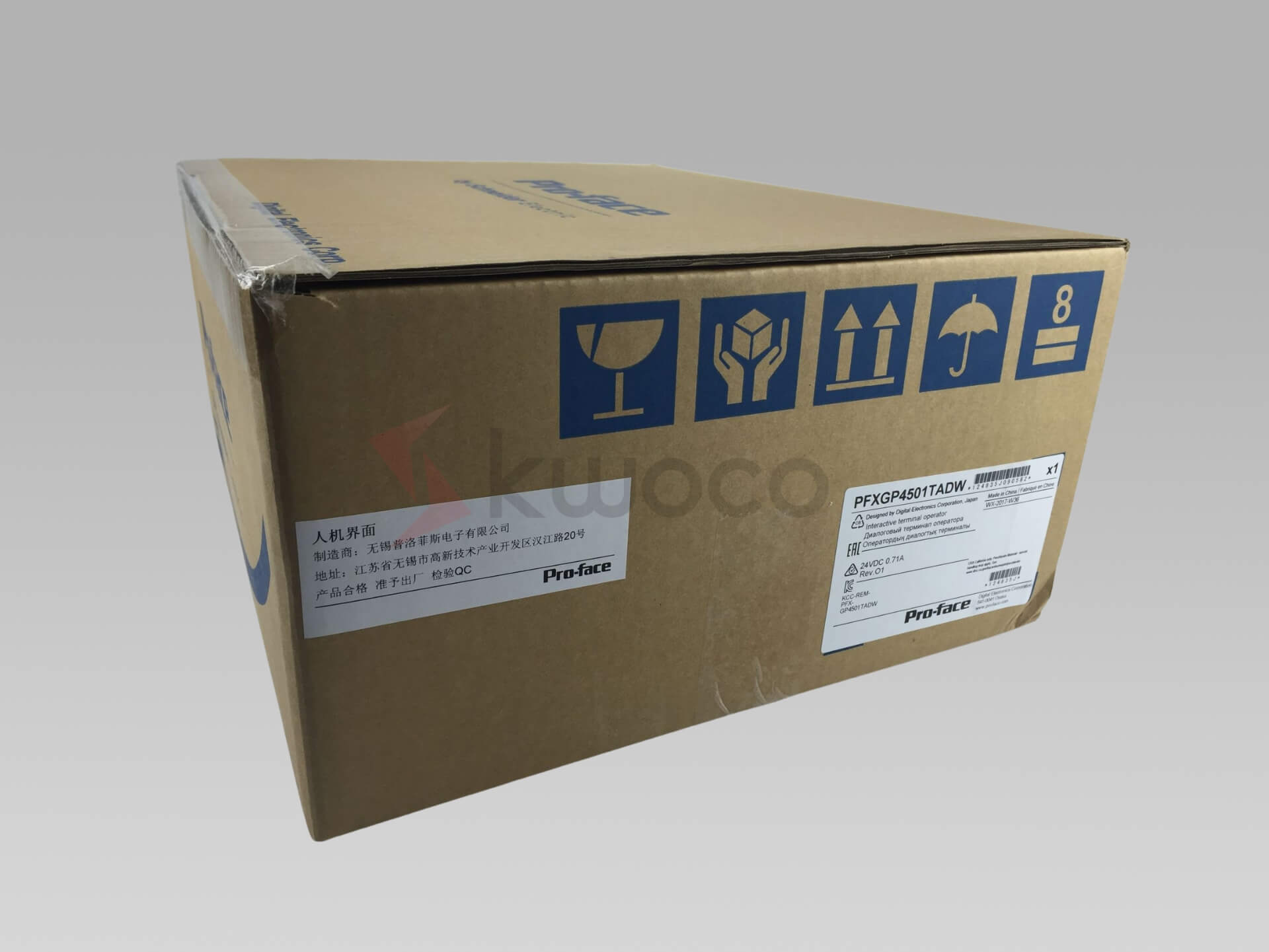Essential Guide to PLC Failures & Troubleshooting Techniques
In this guide, we’ll cover common causes of PLC failures, identify warning signs, and outline troubleshooting techniques to help you address issues promptly and minimize downtime.
Table of Contents
Common Causes of PLC Failures
PLCs can fail for numerous reasons, ranging from environmental factors to operator errors. Understanding these causes is key to preventing malfunctions.
- Electrical Failures: Power surges, voltage fluctuations, or electrical faults can damage PLC components, leading to breakdowns. Preventive maintenance, including surge protection and consistent power supply monitoring, is essential.
- Environmental Stress: Exposure to high temperatures, dust, moisture, and corrosive chemicals can degrade PLC performance over time. Regular cleaning and appropriate protection can mitigate these risks.
- Software Issues: Software glitches, such as programming errors or incompatibilities, may halt PLC operation. Keeping software updated and adhering to programming best practices can prevent these faults.
- Component Deterioration: As with any mechanical system, parts of a PLC, like fans and connectors, may wear down with use. Periodic inspections and timely replacements help prevent failure.
- Electromagnetic Interference (EMI): Interference from nearby equipment can disrupt PLC functionality. Implementing shielding and proper grounding minimizes these issues.
- Human Error: Accidental data input errors or improper handling can cause malfunctions. Proper training and controlled access reduce the likelihood of these mistakes.
Key Indicators of PLC Malfunction
Spotting early signs of PLC problems allows you to address them before they escalate.
- Erratic Inputs and Outputs: Unstable input and output signals are a sign of potential issues in the PLC system.
- Power Instability: A faulty power supply often results in system shutdowns or intermittent failures.
- Electrical Noise: Electrical interference from external sources can disrupt readings and lead to unexpected behaviors in the PLC.
- Communication Failures: When a PLC loses network connectivity or shows frequent communication errors, it might indicate an internal fault.
- Overheating: Excessive heat within the system can indicate internal component issues, potentially damaging sensitive parts.
- Memory Corruption: Corrupted memory within a PLC may result in system crashes and unreliable performance.
Basic PLC Troubleshooting Steps
A systematic approach can resolve many PLC issues effectively.
- Check Power Supply: Ensure the PLC’s power supply is stable and functioning correctly. Testing voltage levels and inspecting power connections is a good starting point.
- Verify Ground Integrity: Improper grounding can lead to electrical noise. Ensuring proper grounding will eliminate interference, improving PLC performance.
- Inspect Input and Output Devices: Faulty sensors, actuators, or miswired connections can cause system errors. Verifying input/output connections helps isolate faulty components.
- Examine Status Indicators: PLCs often have LEDs or diagnostic indicators. Reviewing these indicators and consulting the PLC manual can reveal specific fault codes or warnings.
Advanced Troubleshooting Techniques
Advanced methods are helpful for complex issues or recurring PLC faults.
- Monitor System Behavior: Using trending and event logs helps identify patterns in PLC performance. Tracking temperature changes, voltage fluctuations, and alarm history can reveal underlying issues.
- Perform System Audits: Regularly auditing PLC wiring, component connections, and programming configurations helps spot potential faults before they impact operations.
- PID Tuning: Tuning PID (Proportional-Integral-Derivative) controllers ensures precise control over system variables. Proper tuning is crucial for stability in complex control loops.
- Debugging the Program: Advanced troubleshooting may involve stepping through the PLC’s code to pinpoint software errors or logical issues. Many PLC brands offer debugging tools within their software.
Preventive Maintenance for PLC Systems
Routine maintenance is vital in extending the lifespan and performance of PLC systems.
- Environmental Control: Keeping the PLC in a stable, clean environment prevents damage from dust, moisture, and temperature fluctuations.
- Component Replacement: Regularly replacing aging components, such as fans and connectors, reduces the risk of wear-related failures.
- Software Updates: Consistent software updates improve functionality and security, ensuring compatibility with other industrial components.
Leveraging Resources and Support
Utilize available resources to assist with troubleshooting and repairs.
- Vendor Documentation: Manuals and technical specifications are valuable references when diagnosing and troubleshooting PLC issues.
- Online Forums and Tutorials: Online resources, including forums and video tutorials, provide practical tips and community support from other professionals.
- Consulting Experts: For complex issues, reaching out to an experienced PLC technician or support team can expedite troubleshooting and ensure repairs are effective.
Power your projects with brand-new, original Omron, Mitsubishi, Schneider PLC – in stock, ready now!
Conclusion
Maintaining a PLC system is essential for uninterrupted industrial operations. By understanding common faults, identifying early warning signs, and following systematic troubleshooting steps, you can minimize downtime and maintain system reliability.
Incorporate preventive maintenance and stay informed on troubleshooting best practices to keep your automation processes running smoothly.
Looking for new, original PLCs for your projects? At Kwoco, we stock the latest PLCs from top brands like Omron, Mitsubishi, and Schneider. Shop with confidence—fast shipping, guaranteed quality! Buy Now
Contact Us
Just fill out your name, email address, and a brief description of your inquiry in this form. We will contact you within 24 hours.
You May Also Find These Topics Interesting
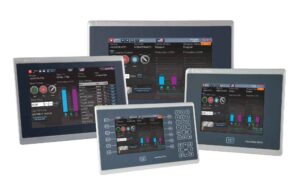
Allen-Bradley PanelView Selection Guide: Choose the Right HMI
Are you looking to select the right Allen-Bradley PanelView for your industrial automation needs? This comprehensive selection guide will walk you through everything you need to know about PanelView Plus 7, PanelView 800, and other graphic terminals in the Allen-Bradley family. Whether you’re upgrading your existing system or starting fresh, this guide will help you make an informed decision.
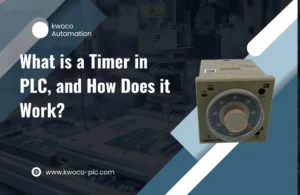
What is a Timer in PLC, and How Does it Work?
What is a Timer in PLC, and How Does it Work? In the world of industrial automation, time is everything.
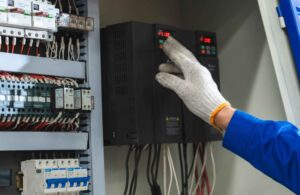
10 Common Omron Servo Drive Alarm Codes Explained
As an engineer at Kwoco with years of experience in industrial automation, I’ve worked extensively with Omron servo drives. Over the years, I’ve encountered various alarm codes that can halt operations if not addressed promptly. Understanding these codes is crucial for maintaining smooth operations and minimizing downtime.

